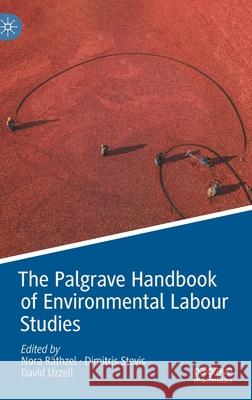The Palgrave Handbook of Environmental Labour Studies » książka
topmenu
The Palgrave Handbook of Environmental Labour Studies
ISBN-13: 9783030719081 / Angielski / Twarda / 2021 / 960 str.
Kategorie:
Kategorie BISAC:
Wydawca:
Palgrave MacMillan
Język:
Angielski
ISBN-13:
9783030719081
Rok wydania:
2021
Wydanie:
2021
Ilość stron:
960
Waga:
1.45 kg
Wymiary:
23.39 x 15.6 x 4.93
Oprawa:
Twarda
Wolumenów:
01
Dodatkowe informacje:
Bibliografia
Wydanie ilustrowane
Wydanie ilustrowane











